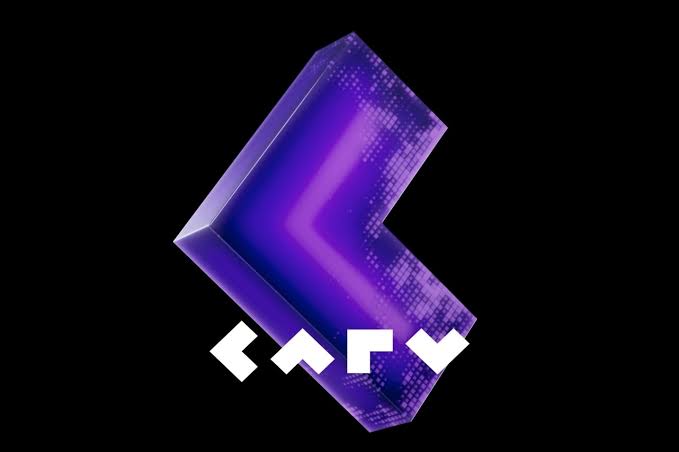An essential component of Web3 is decentralization. But when it comes to personal data, which is essential to the information age, very few businesses own and make use of it. These businesses bring in hundreds of billions of dollars annually, yet they frequently don’t share even a tiny portion of that revenue with consumers, who are the true owners of the data. Modern technologies like artificial intelligence (AI) models, which depend on a steady stream of high-quality data to learn from, are negatively impacted by data centralization as well. Centralized ownership, however, diminishes the validity and reliability of data inputs, depriving AI models and associated enterprises of large-scale, ethically generated data.
By returning control to users, CARV, a modular data layer designed for AI and games, aims to decentralize the data environment. By giving individuals control over their data and enabling them to own, monetize, and distribute it within a decentralized, interoperable environment, it seeks to completely change how data is used. To help with decentralization, CARV is going to start selling verification nodes to its users. Verifier nodes are parts that monitor and double-check transactions related to data processing. By validating the attestations that Trusted Execution Environment (TEE) nodes offer on-chain, they enhance data processing security and reliability. Since they are lightweight nodes, they are simple to set up and operate.
Whitelisted users will be able to acquire verifier nodes beginning on June 3 at 10 am UTC. Two days later, on June 5, the public sale will begin following the completion of the whitelist node sale. A multi-tier pricing structure will be used to sell all 100,000 nodes, with early adopters receiving discounts and access to exclusive events. Verifier nodes are available for purchase on the Arbitrum network, and customers can pay with wETH.
There are advantages for the ecosystem and its users when a verifier node is operated on CARV. Verifier nodes require two-stage verification and include the community in the validation process. This approach maintains decentralization while preventing system manipulation and enhancing security generally. Since improved security would make it easier to onboard and administer, more high-caliber games are expected to be attracted. Node operators will receive CARV, the native cryptocurrency of the project, as compensation for validating data. Half of the total supply is anticipated to be released in the first year, with the remaining 25% set aside for nodes. Every six months, there is a 25% drop in the release model.
Currently, the sole tasks assigned to verifier nodes are confirming the outcomes of the data processing and AI model training layers. But with time, their goal is expected to grow. Prospective duties include securing CARV Link, an oracle service that imports external data to the protocol, and validating Carve DB, an EigenLayer-based storage component.


